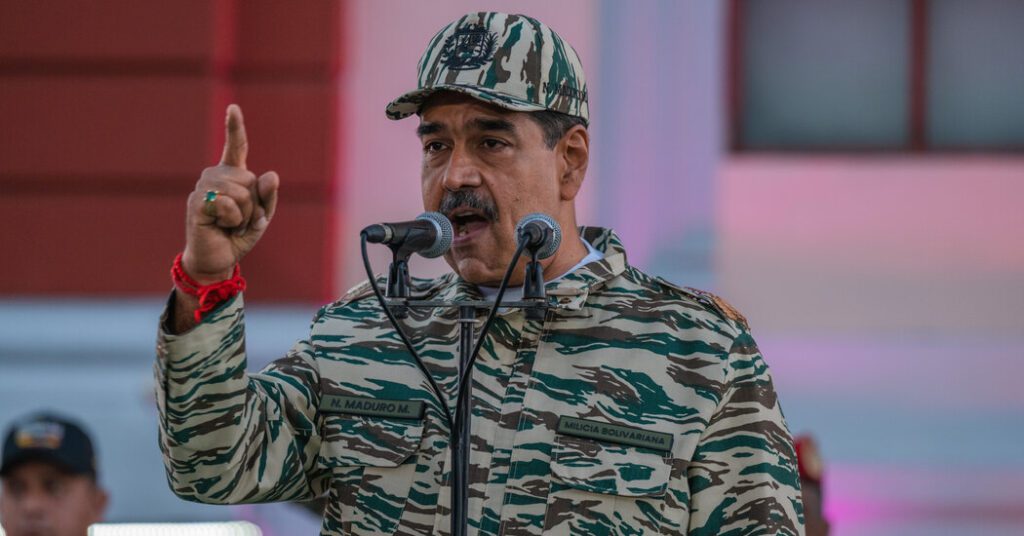Intelligence Memo Undermines Trump’s Justification for Venezuelan Deportations
Key Findings from the Declassified Memo
A recently declassified memo from the U.S. intelligence community has cast significant doubt on statements made by former President Trump regarding Venezuelan deportations. The memo asserts that the administration led by Nicolás Maduro does not control the criminal gang known as Tren de Aragua, a claim Trump used to justify the use of the wartime Alien Enemies Act.
The memo states, “While Venezuela’s permissive environment enables TDA to operate, the Maduro regime probably does not have a policy of cooperating with TDA and is not directing TDA movement to and operations in the United States.” This directly contradicts Trump’s assertions regarding the gang’s connections to the Venezuelan government.
Implications for Trump’s Administration
The release of this memo compromises the rationale the Trump administration has used to invoke the Alien Enemies Act, a law historically utilized during times of war. Following the publication of related findings in major media outlets, the Justice Department initiated a criminal investigation into the matter, suggesting that reporting had misled the public.
Lauren Harper, a government secrecy expert at the Freedom of the Press Foundation, remarked on the significance of the declassification, stating, “The declassification proves that the material should have been public from the start — not used as an excuse to suppress sharing information with the press.”
Continued Defense by Administration Officials
Despite the findings, administration officials, including Tulsi Gabbard, affirmed support for Trump’s policies. Gabbard asserted, “It is outrageous that as President Trump and his administration work hard every day to make America safe by deporting these violent criminals, some in the media remain intent on twisting and manipulating intelligence assessments.”
The Office of the Director of National Intelligence released the memo in response to a Freedom of Information Act request, revealing significant discrepancies in the Trump administration’s portrayal of the intelligence regarding the gang and its supposed connections to the Maduro regime.
Legal and Political Ramifications
Since the invocation of the Alien Enemies Act in March, the Trump administration has faced legal challenges regarding its deportation practices, especially concerning due process for individuals sent to a high-security facility in El Salvador. The American Civil Liberties Union has raised concerns that some deported individuals may not actually be gang members, urging for their return to the U.S. for proper immigration hearings.
The memo further elucidates on the assessment by the intelligence community, revealing that although some Venezuelan officials might profit from TDA’s activities, the gang’s disorganized nature complicates any direct government control.
Conclusion
The declassified memo emphasizes the disjointed view within the intelligence community regarding the relationship between Tren de Aragua and the Venezuelan government. While the FBI expressed some concern over potential connections, the majority of the intelligence assessments deemed these claims as lacking credibility.
As revelations about the memo surface, questions persist regarding the validity of the administration’s claims and the broader implications for U.S. immigration policy and national security.


